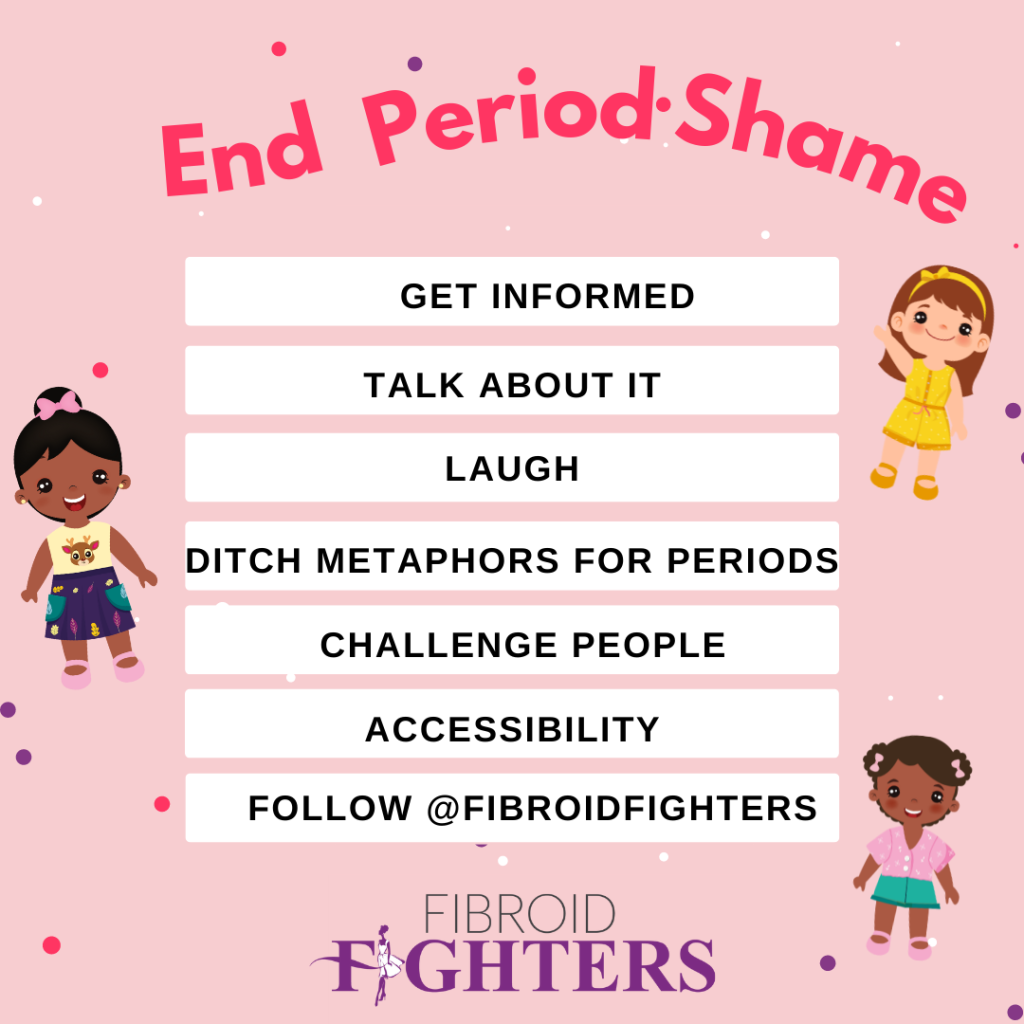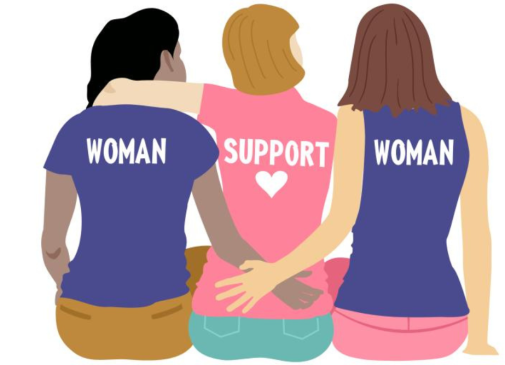
In MGM’s horror film “Carrie” (1976), there’s a scene where Carrie gets her first period, and she thinks she’s dying. Of course, this happens in a scene where girls are bullying her as well, to make the experience even more traumatic. One of the reasons this happens is because Carrie is completely in the dark about periods and what they are, and everything goes downhill from there.
Pixler’s film, “Turning Red” (2022), has a similar scene but it isn’t so dark and is far more aimed at children. The animation accomplishes a feat rarely seen in the studio’s films: engaging with puberty in a meaningful way. With a 95% rating on Rotten Tomatoes, the movie has taken the pop culture world by storm. And it makes the viewers ask: is turning red about periods?
Some of the Reviews Coming In
“Turning Red is a charming coming-of-age story with lovely pops of imagination and a refreshing lack of queasiness when it comes to its themes of puberty and adolescent sexuality,” says Adam White, an independent reviewer from the UK.
“The uncontrollable messiness of puberty is presented with understanding, compassion, and a lot of humor, both the good humor of empathy and the downright hilarity that Mother Nature provides, so we don’t all perish of humiliation during those years,” says Nell Minow, a Movie Mom reviewer Top Critic.
“Turning Red” is about Mei Lee, 13, who is divided between being her mother’s obedient daughter and the turbulence of her adolescence. Then? She transforms into a large red panda one morning.
The scene begins with Mei waking up and noting something different; something is off. She runs to the bathroom only to find that she’s a giant red panda! She screams, which causes her mother to come running and worried, immediately going into a million questions about the state of her daughter.
“What’s going on, honey? Are you sick? Is it a fever, a stomachache, chills, or constipation? Wait- is it- that? Did the red peony bloom?” her mother, Ming, asks against the door.
Mei says no to the first round of questions, but the second round? She murmurs a quiet, “Maybe?”
Ming’s dialogue shows how period talk is often skirted around, with people tending to use metaphors or not talk about it at all.
However, the scene takes a turn when Ming says she has all the necessities that Mei might need; pads, Ibuprofen, warm compresses, and more.
So, is turning red about periods? The mention of periods is still mostly taboo in all-ages media entertainment, and even in the media made for teens, periods are still frequently related to embarrassment and shame. It’s important to note that adult entertainment does have more freedom to change the narrative and normalize a body function that affects half of mankind every month. However, all-ages animation continues to regard menstruation as a taboo topic.
The Creators Speak on the Scene as Well
“The red panda is a metaphor not just for puberty, but also what we inherit from our moms and how we deal with the things that we inherit from them,” says Domee Shi, director and co-writer of Turning Red.
“It was always in the very earliest versions of the film. It was the first thing we put into production,” says the producer, Lindsey Collins, “Everybody on the crew was unapologetic in support of having these real conversations about periods and these moments in girls’ lives.”1
It’s a small moment revolving around periods and doesn’t take up the entire movie, but it’s enough – and there are conflicting views from parents wondering if the movie “Turning Red is about periods.
Is “Turning Red” About Periods?
This scene does a simple thing: it shows that it’s not necessary to demonize periods. However, reviews are coming in from parents, and they’re not so sure what to think. Some parents are even wondering: is turning red about periods? As matter of a fact, women all over the world are turning red about periods.
“We watched all the way to the part where the mom brings in Ibuprofen and pads. I am absolutely mortified. Luckily, (my child) was clueless. It’s safe to say that I’ve learned my lesson about reading movie reviews before I let my boys watch,” a Facebook mother commented on the movie. 2
Some parents object to how the movie portrays sexuality and menstruation; however, child psychologists say it is unlikely to hurt younger children who might not comprehend its complex themes. So even if parents are asking: is turning red about periods? Psychologists are pointing out that if anything, the movie might bring together families by encouraging age-appropriate dialogue about important themes such as menstruation.
While some parents object to the mention of turning red about periods, experts suggest that even young children benefit from learning about body parts and typical bodily functions.
- Why? One reason is to educate the youth about their bodies. If they know what’s supposed to be happening to them, there will be less panic when something such as a period happens, and the girls are turning red about periods. Those with uteruses won’t be ashamed of something naturally occurring; there will not be a scene like the one in Carrie because a child does not know what’s happening to their body.
- Another reason? If they knowwhen their body is doing something right, they will know when something is wrong just the same.
- Lastly? Young women who don’t hae older women in their lives to guide them through things such as their period will be prepared for what is to come.
“Of all the things parents have to be concerned about when it comes to raising children, a normal body function like menstruation should not be one of them,” said Elizabeth Schroeder, a New York-based sex educator. “There is so much shame wrapped up in how bodies work when instead we should be celebrating them.”3
The bottom line? If you keep the conversation age-appropriate and take this movie as a learning opportunity, films that discuss topics such as periods can also be an educational lesson. It’s learning from the film in action and might even answer the question, is “Turning Red” about periods?
Period Stigma
According to the Oxford dictionary, the definition of stigma is: a mark of disgrace associated with a particular circumstance, quality, or person. When it comes to turning redi about periods and period stigmas, most women can tell you that other people’s reactions to them getting their periods can make them feel dirty, gross, and unnatural – when periods are a very regular and healthy thing. Dr. Natalia Kanem, UNFPA Executive Director, says that periods can be used as a target for discrimination and humiliation.
“Because of social taboo and gender stereotypes that stigmatize menstruation as dirty, many people experience menstruation with shame and without access to the resources needed to manage their menstrual health safely,” she said.4
It’s even worse in other countries. For example, many Venezuelan women are forced to sleep in huts during their periods. Menstruating women are not allowed to enter a house with a male or cook food in rural Ghana. Periods and turning red are often viewed as a sign of weakness rather than an essential biological function, and women experience discrimination and harassment as a result.5
Period Shame
Menstruation is socially construed as negative by society through negative messaging about women’s cycles, and negative reactions at any mention of a period. Girls and young women who don’t understand the body and the menstrual cycle may suffer negative thoughts and feelings, such as embarrassment and poor self-esteem, over their reproductive body processes. Period blood even be seen as a negative connotation on a woman’s character considering that even reminders of it (such as seeing a wrapped, unused tampon) can cause avoidance and social distancing. Menstruation-related negativity makes women targets for mockery, contempt, and snobbery.6
Not to mention that 52% of women have experienced period-shaming? And one in five of those women attribute it to comments made by a male friend. Additionally, one in 10 girls have been shamed by a classmate, and 12% of women have been shamed by a family member.7
End Period Shame
When concepts such as period shame and period stigmas are so negatively construed into society, it’s sometimes difficult to change the social stigma. That is, however, not to say it’s not possible.
Films, such as Turning Red, spark conversation worldwide because Disney and Pixar have a huge effect on pop culture. Still, there are actions you can take to help end period shame.

- Get Informed. Do your research and check your sources
- Talk About It. Talking about periods can help normalize the conversation around it.
- Laugh. Laughing off (not laughing at) period mistakes can help make people feel a little bit more comfortable.
- Ditch Metaphors for Periods. Building on number 2, just talk about it.8
- Challenge People. Raise your voice when someone is being negative about periods, especially to a woman. Stand up for them.
- Accessibility. Carry around menstrual pads and tampons just in case, because you never know if someone needs it.9
It’s time to end period shame. Make sure to do your part when the opportunity arrives.
Fibroid Fighters aims to ensure women and girls are educated about periods and fibroids.
If you are suffering from heavy bleeding or irregular periods, take our one-minute symptom checker to see if you are suffering from fibroids.
For more information, subscribe to our newsletter and follow us at @Fibroidfighters.
Works cited.
- https://www.polygon.com/22918173/turning-red-disney-period-puberty-metaphor-domee-shi-pixar
- https://www.usatoday.com/story/life/health-wellness/2022/03/25/turning-red-period-talk-shocked-some-parents-why-shouldnt-have/7128789001/
- https://www.nytimes.com/2022/03/16/well/family/turning-red-periods-discussion.html
- https://www.ohchr.org/en/stories/2022/07/removing-shame-and-stigma-menstruation#:~:text=%E2%80%9CBecause%20of%20social%20taboo%20and,public%20health%20and%20development%20issue.%E2%80%9D
- https://pha.berkeley.edu/2018/06/05/menstruation-stigma-must-stop-period/
- https://www.ncbi.nlm.nih.gov/books/NBK565666/
- https://menstrualhygieneday.org/nearly-half-us-women-experienced-period-shaming/
- https://www.cry.org/lets-talk-about-periods/
- https://www.freshiefemcare.com/blogs/freshie-news/5-things-that-you-can-do-to-end-period-shaming







